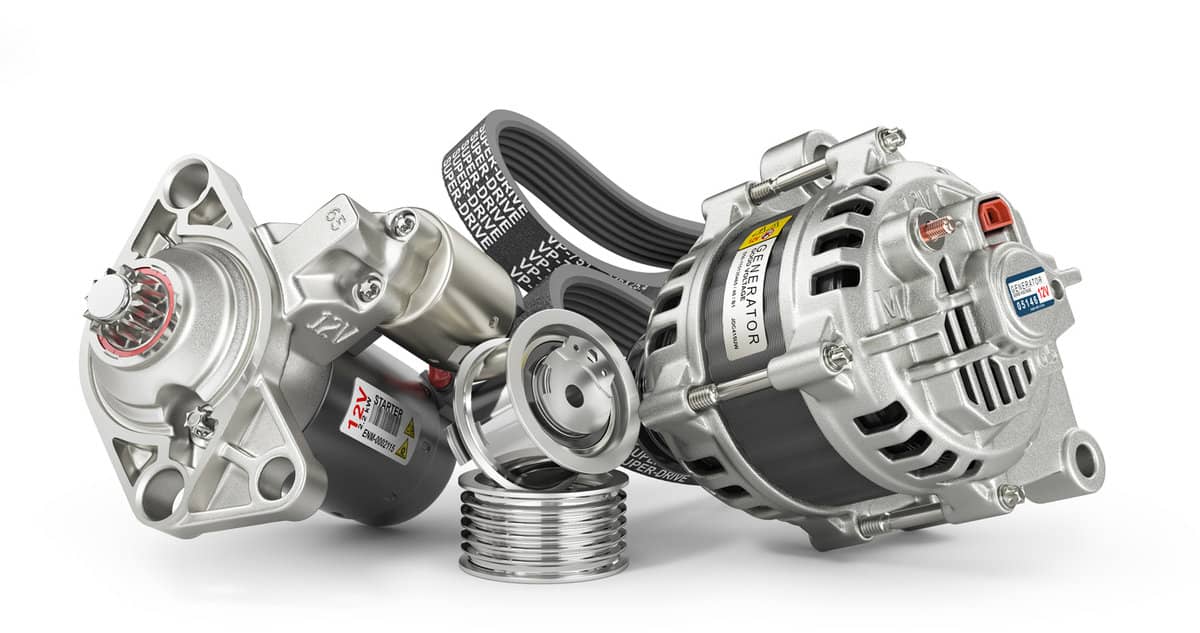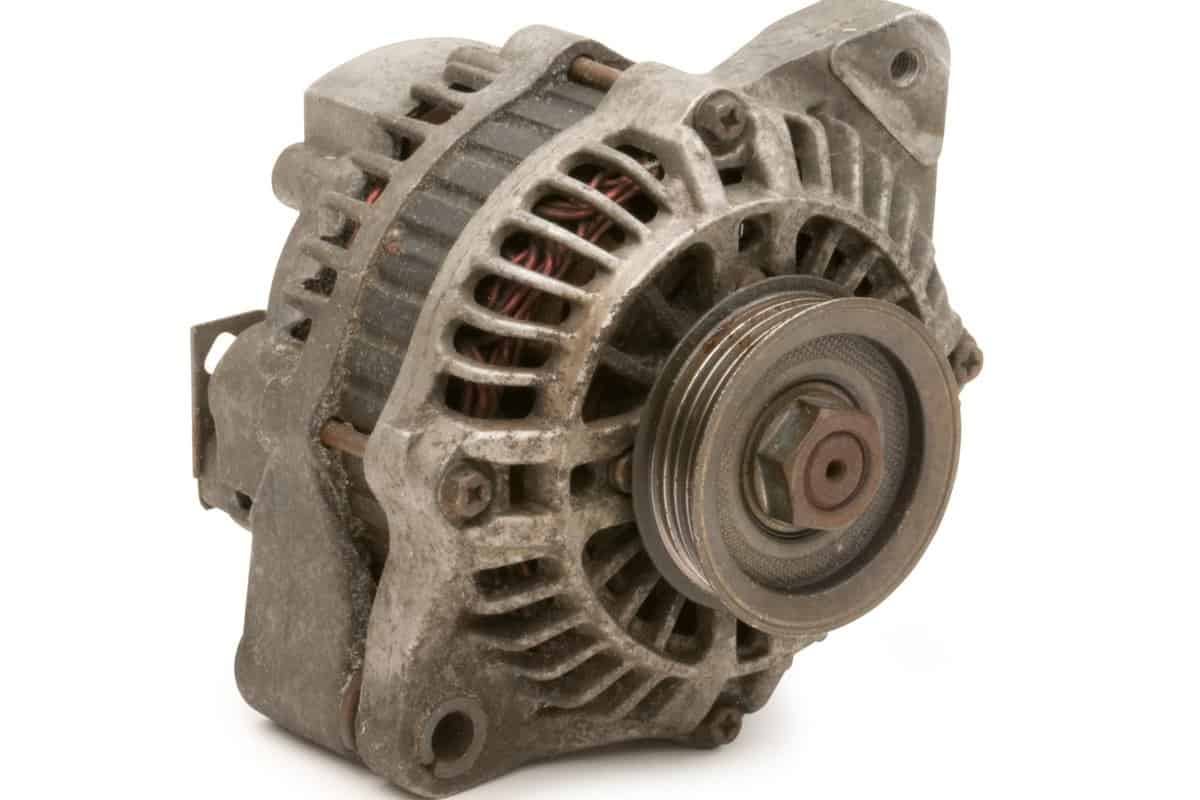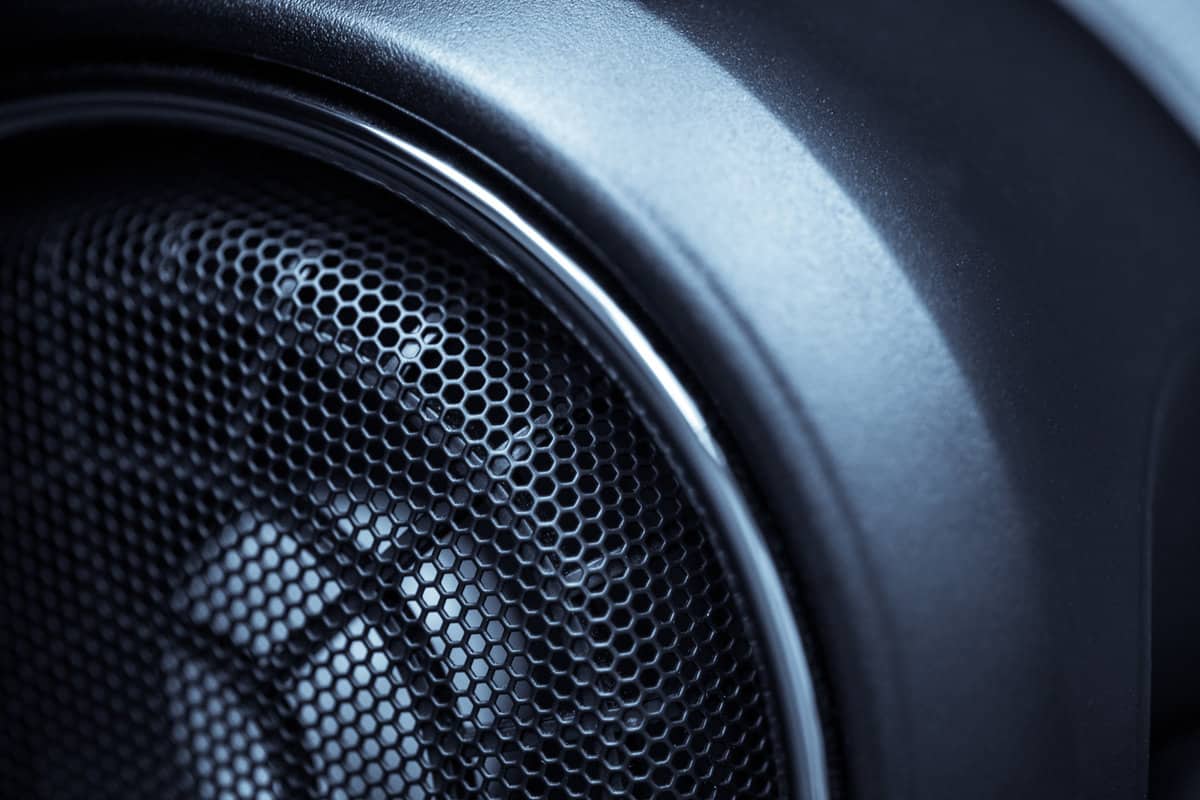You're driving down the freeway, listening to your favorite song, but when you put on the brakes, you can barely hear the music anymore. Why does your car's radio volume decrease when you brake? We have researched this issue in-depth so you can fix the problem.
A malfunctioning alternator may be the cause of this problem. The alternator produces current to supply power to the vehicle's electrical systems, and if it isn't producing current, there will be no electrical power supplied to the radio. You may also want to check your car's adaptive volume control feature if it's equipped with one.
A decrease in radio volume when a car's brakes are applied is a common scenario. There are other causes aside from alternator issues, such as a faulty or loose connection inside your dashboard. Keep reading as we discuss possible causes and how to fix this issue.

What Causes Car Radio Volume to Go Down When Applying Brakes?
A low-voltage alternator can cause the radio's volume to go down when applying brakes, according to a popular forum for mechanics and an authority when it comes to troubleshooting car issues.
The problem is that the alternator is generating less current than it should be, causing the radio volume to go down.
A common cause of an alternator failure is a bad battery connection. If the battery is connected properly and the alternator is working fine, then there may be a problem with the wiring or the plug.
Check the battery voltage and make sure it's okay. If the voltage is too low, the battery may need to be replaced.
If the battery voltage is okay, then you may have a bad alternator. The car's manual should tell you where the alternator is on the car and how to check its output.
Check the alternator for a shorted or open winding. If the windings are shorted, the entire alternator will stop functioning. If there is no voltage at all, it is likely that the winding has been broken off.
Watch the video below for a step-by-step guide on how to test an alternator's condition:
If you're looking for a multimeter similar to the one used in the video, check out this digital multimeter on Amazon.
What Causes an Alternator To Fail?

There are a number of reasons why an alternator fails. Here are the most common causes:
- Dirt
- Overloading
- Wear and tear
1. Dirt
Dirt is the most common cause of alternator failure. If you have a vehicle with a dirty alternator, it will not produce enough current to power your lights and other accessories.
This is because dirt prevents the alternator from drawing in enough air to cool itself, resulting in overheating
When dirt builds up on the rotor or stator, it causes the voltage output to drop. This is because dirt contributes to resistance.
The only way to get rid of this problem is to clean the alternator. A simple cleaning can be done by running a wire brush or vacuum cleaner along the outer surface and the inside of the alternator.
2. Overloading
Overloading the alternator can cause it to fail. In the past, the most common cause of an alternator failure was overloading. Most vehicles today have a "smart" alternator that monitors voltage and current and adjusts its output accordingly.
In addition, modern electronics have made it possible to utilize power more efficiently than ever before. This has led to an increased usage of alternators in many areas.
3. Wear and tear
Just like any component in your car, alternators are not immune from wear and tear. The two main components of an alternator that are most likely to fail due to wear and tear are the bearing and the brushes.
Alternator bearings are one of the most important components in your vehicle. They are responsible for keeping the rotor spinning, which is what makes the alternator produce electricity.
The bearing wears over time, so the bearings have to be replaced at regular intervals. Overloading the alternator will also cause the bearing to wear out faster.
Brushes are another important part of your alternator. They transfer the current produced by the alternator to the battery and to other components that need power. They are also responsible for maintaining electrical contact with the commutator.
Similarly, the brushes wear because of excessive loading. If they're overloaded, you'll get sparks from the brush. Eventually, the brushes will burn out even if they're made of carbon powder and graphite.

Other ReasonsWhy Car Radio Goes Down When Braking
If after checking the alternator you found it to be okay, there are a couple more things you might want to check:
- Check if your car has a speed-compensated volume
- Check for faulty or loose connections inside the dashboard
1. Speed compensated volume (SCV)
Cars equipped with a speed-compensated volume (or adaptive volume control) have the ability to adjust the volume of their radio to a level that is optimal for driving.
This speed-compensated volume works differently from other manual car volume controls. While the latter adjusts the volume according to your preferences, the former adjusts the volume automatically according to the sounds coming from the outside.
By default, volume increases when the car goes faster.
For example: when you brake, the engine noise is reduced, so there's minimal audio feedback from the engine. This tells the auto volume system to reduce the volume of the radio.
Conversely, when you accelerate, the engine noise is increased. Now there is more audio feedback from the engine. So the auto volume system adjusts and increases the volume of the sound system accordingly.
This feature is especially useful when approaching intersections and going downhill when you need to be cautious and sensitive to the sound outside you.
The speed-compensated volume is also able to make sure that the volume doesn't get too loud but still keeps the volume at a comfortable level.
2. Faulty or loose connection inside the dashboard
If you find that your car radio sounds weak when you apply the brakes, it could be due to a loose connection inside the dashboard.
In most cases, a loose connection will occur in one of two places: the power switch and the volume control knob. Loose connections are common in older cars, and sometimes they can get worse over time.

Can You Turn Off Speed-Compensated Volume in a Car?
You can turn off the speed-compensated volume by following these steps:
1. Locate the "Setup" button and press it
2. Turn the volume knob to "Main". Press Enter.
3. Turn volume knob to SDVC. Press Enter.
4. Turn volume knob to "Off". Press Enter.
Upgrade Your Car Speakers

So you've figured out how to fix the problem of your radio volume going down when stepping on the brakes. You're happy with the result, but your car speakers aren't as crispy as before.
As a reward, you decide to treat yourself to new car speakers, but you don't know which ones to choose. If you need help with upgrading your car's speakers, read our guide below to help you choose which speakers will give you the most bang for your buck.
1. JBL Co-Axial Speakers
The JBL co-axial series speakers are designed to provide the best possible audio performance for your car audio system. Their unique unipivot technology provides a lifelike sound that's clear and powerful.
With the new carbon-injected driver technology, they provide an exceptional bass response, giving you an accurate, deep, rich sound with high power handling.
Additionally, the patented unipivot technology ensures balanced dispersion of sound, so you hear all the frequencies evenly.
Click here to see this JBL co-axial speakers on Amazon
2. BOSS Co-Axial Speakers
BOSS co-axial car speakers are built to withstand the demands of today's high-performance vehicles. They're designed with a durable polyurethane cone, a voice coil that is resistant to extreme temperatures, and overload-resistant.
The BOSS car speakers are designed to provide optimum sound quality and performance for both road and home use. This system delivers exceptional sound quality with excellent bass response and crisp highs.
These drivers are engineered to deliver incredible sound and clear midrange tones, providing a balanced and natural experience.
Click here to see this BOSS co-axial speakers on Amazon
3. Skar Titanium Tweeters
The Skar titanium tweeters are designed to reproduce low frequencies with maximum fidelity. They're equipped with an extreme temperature-resistant Kapton voice coil that enables it to dissipate heat rapidly and not deform at high temperatures.
Click here to see this Skar titanium tweeters on Amazon
In Closing
We've covered some of the reasons why your car radio volume goes down when you step on the brakes. Some of the problems associated with car radios are simple, such as a bad battery connection.
But some issues require professional assistance, especially if the alternator is involved. Always check for physical connectivity issues like faulty and loose wires first before you proceed to a more complex troubleshooting process to save you time.
You might also like:
Car Vibrates When Braking; What Could Be Wrong?




